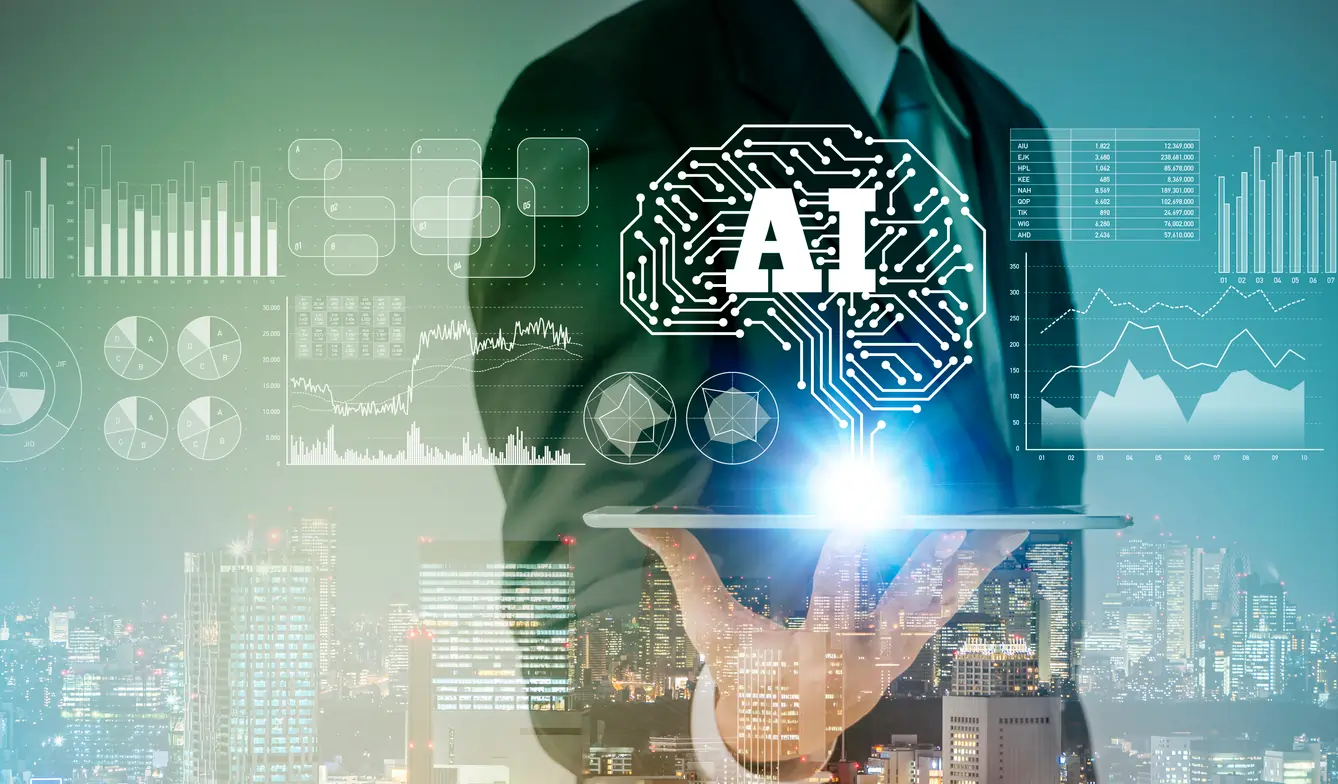
The AI revolution: How consolidation from Digital Transformation favours integrated tech giants like Microsoft

By Colin Crow, Managing Director, Nexer Enterprise Applications
Artificial Intelligence (AI) is taking the world of work by storm, with businesses increasingly embracing automation to boost productivity, create capacity, and improve accuracy. And the trend doesn’t look likely to lose pace, with Microsoft research indicating that nine out of 10 people want simpler ways to automate tasks.
The technology market is taking note, as new companies spring up with innovative AI solutions and existing ones expand their offer to integrate automation by the day. Now, with a plethora of options at their fingertips, businesses face the challenge of navigating which to choose and how to integrate automation into their existing digital operations.
One of the primary aims of AI is to make things easier, yet navigating the market brings complexities of its own. With this in mind, there’s growing evidence to suggest that the future belongs to integrated tech giants which offer consolidated solutions, like Microsoft.
The case for going for what you know
In the age of ‘digital transformation’ – a term which denotes the integration of digital technology into all aspects of a business – Microsoft’s wide-reaching and versatile solutions have become almost ubiquitous in the professional world. Already, over a million companies worldwide use Microsoft 365, and a significant proportion of the working world is already familiar with navigating the likes of Outlook, Excel, PowerPoint, Teams, and SharePoint. What’s more, recent data indicates that Microsoft Dynamics dominates the global market when it comes to enterprise resource planning (ERP), supporting business operations from finance and marketing to supply chain and sales.
Now, Microsoft Dynamics 365 Copilot has been brought to the market as the world’s first AI copilot in both Customer Relationship Management (CRM) and Enterprise Resource Planning (ERP). For those businesses looking to implement seamlessly, the ability to integrate an AI solution into their existing cloud services could be a game-changer, enabling employees to generate content and perform tasks faster, as well as access insight and actionable next steps.
Of course, undertaking any sort of digital shift in the workplace requires a level of change management to bring employees on the journey and get them used to using the tech. And with AI stimulating extensive debate about its impact on jobs, some employees may be more resistant to change in this instance.
This makes it even more important to integrate automation as seamlessly as possible and limit the disruption some employees may experience. With so much of the working world familiar with major software giants like Microsoft, it may well make more sense for businesses to opt for what they already know – rather than fixing what isn’t broken. Adding Copilot to the mix could be preferable rather than introducing distinct new software that would need to be embedded into existing operations.
Consolidation to cut costs and create efficiency
Choosing an integrated provider could be particularly beneficial for small- to medium-sized enterprises, which are often time-poor and working within the parameters of limited resources. With so many businesses already using Microsoft technology, sticking to what they know can help avoid the complexity of handling multiple vendors at once. It can also help to cut costs by reducing the amount of training required or limiting the period of time it takes for staff to get accustomed to new tech.
Thinking of the future
It’s no secret that technology continues to advance at scale and pace, and AI in particular has evolved rapidly within the last couple of years alone. Major players that launched to market in recent years have already released several updates and added new features to make their respective solutions more intelligent.
We can expect to see the AI market continue to evolve. Businesses must not only adopt – they must continue to develop the way they use it to remain competitive. As such, the level of standardisation and regularity of updates offered by companies like Microsoft could help them to future-proof and support business resilience. In turn, this reduces the likelihood of businesses needing to overhaul their AI solution once again in the future.


